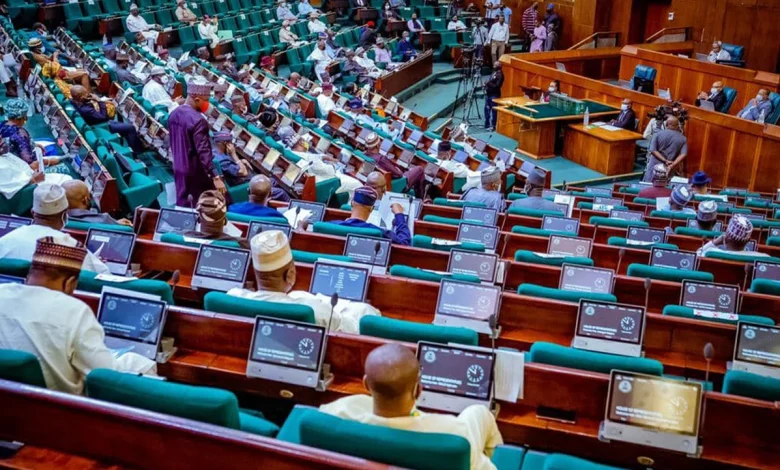
LATEST: REPS VOTE AGAINST BILL SEEKING SIX-YEAR SINGLE TERM FOR PRESIDENT, GOVERNORS
The House of Representatives has rejected a bill intending to amend the Constitution to establish a single six-year term for the president and state governors.
In order to acknowledge Nigeria’s divide into six geopolitical zones, the measure, which was proposed by the Honourable Ikenga Ugochinyere, called for the president, state governor, and local government council chairmen to alternate between the several inherent regions and zones.
Additionally, the law aimed to allow for the holding of all national elections on the same day.
The majority of MPs voted against the bill that was supposed to be read a second time when it came up for voting.
The House has rejected bills proposing six-year single terms for governors and the president before.
The bill, which was subsequently supported by Benue State Senator John Dyegh, did not advance to the second reading in 2019.
Members of the National Assembly and State Houses of Assembly were likewise given six-year terms under Dyegh’s measure.
He said that the bill was required in order for National Assembly members to obtain greater experience in six years as opposed to four.
According to him, re-election for the President and governors cost three times more than the first election and is characterised by violence. He believes a single term of five years will curb the irregularities associated with re-election.
Former Vice President Atiku Abubakar had also proposed a further amendment of the 1999 Constitution and the Electoral Act 2022 to accommodate a six-year single term for a President for each of the six geopolitical zone.
READ ALSO:
EX-MINISTER DIEZANI ALISON-MADUEKE SEEKS TO AMEND SUIT AGAINST EFCC
He added that the law must mandate electronic voting and collation of results, compel the Independent National Electoral Commission (INEC) to verify the credentials of candidates, amongst others.
The governor of Anambra State, Prof Chukwuma Soludo, also in June this years, backed the calls for single term for elected politicians.
“Sometimes, these conversations about single term might begin to make some sense so that you fix it, whether you say four years or five years, six years, seven years, single term,” Soludo said.
“So, you are not thinking about the next election once you finish getting into this. I face that all day in my state. You want to get into this (project), they say, ‘No, wait, you know you have an election’. And I say, ‘No, let’s get it, if we get there, we get there and if we lose, we lose.”
